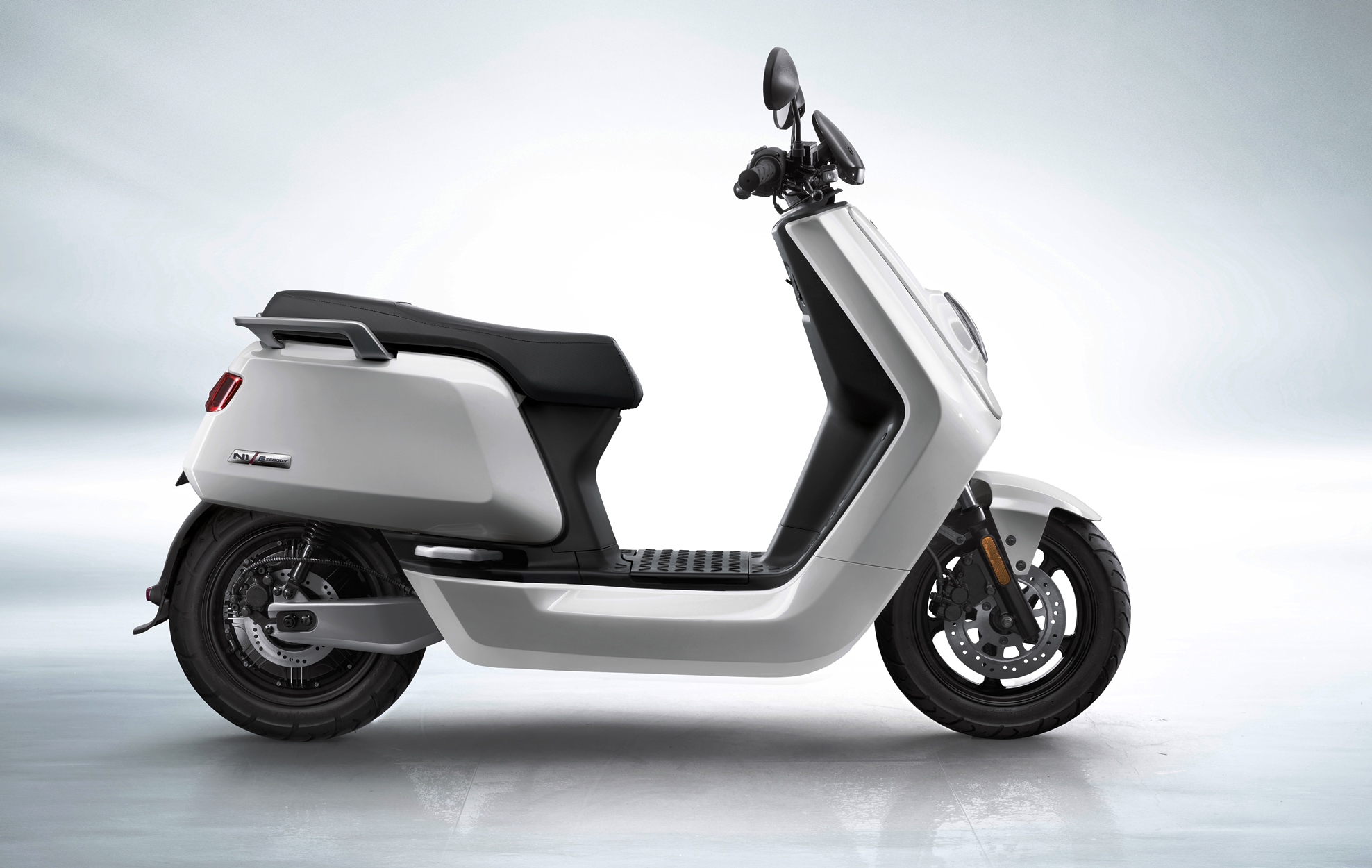A joint venture involving Indonesia’s Gojek will be able to supply 2 million e-motorbikes to help the ride-hailing group make its fleet all-electric this decade, the company’s top executive has told Nikkei Asia.
Electrum was formed last year by energy group TBS Energi Utama and Gojek, itself one-half of GoTo, a superapp provider. It is meant to help Gojek achieve its net zero carbon emissions goals.
The new company also intends to help expand Indonesia’s developing electric vehicle ecosystem—a key policy of President Joko Widodo—by leveraging Gojek’s nationwide presence and TBS’s energy expertise.
In February, Electrum formed a partnership with Pertamina, the state-owned energy company, and Gogoro, a Taiwanese battery-swapping electric scooter maker, to increase the Southeast Asian country’s EV infrastructure and supply non-emitting vehicles to Gojek. The collaboration includes Gesits e-bikes, made by state-owned Wika Industri Manufaktur.
Pandu Sjahrir, president director of Electrum and vice president director of TBS, said in a recent interview that he needed a potential game changer and thus turned to an innovative solution. He expressed confidence that the venture will succeed as the global community worries more about climate change and grasps at ways to respond.
Electrum operates 13 battery-swapping stations in Jakarta and so far has supplied Gojek with about 300 e-motorbikes that have racked up close to 2 million kilometers. “[That’s] very fast adoption,” Sjahrir said, “meaning there’s a good product-market fit; people like to use [these bikes].”
Although Gojek’s goal is to be all-electric by 2030, Sjahrir said it wants to achieve the changeover “as fast as possible.” He added, however, that to significantly hasten the pace, “you probably would need some type of government public policy support.”
Gojek, which with e-commerce company Tokopedia last year formed GoTo, has more than 2 million registered drivers for its Indonesian ride-hailing and delivery services that overwhelmingly utilize motorbikes, though also cars.
Indonesia, a sprawling archipelago of more than 270 million people in which the motorbike is the main form of personal transportation, was recently hit with a fuel price hike of about 30%. Demonstrators took to the streets of Jakarta to vent their frustration, protesting outside parliament and central government offices to demand that the increase—the result of the government reducing subsidies—be canceled.
The costlier fuel has yet to exert a big impact on the ride-hailing business, Sjahrir said. “But over time, [with] more fuel price hikes, there’s going to be movement going more into electric vehicle[s], just because it’s much cheaper.”
That budding shift comes with the government making a major push to leverage the country’s position as the world’s top supplier of nickel, a key EV battery material. The intention is to kick-start a domestic battery and EV industry, but it also has a goal of achieving net zero carbon emissions by 2060.
Regarding Indonesia’s plan to relocate its capital from Jakarta to Nusantara, on the island of Borneo, Sjahrir, who is also the founder of venture capital firm AC Ventures, expressed conditional interest in investing in the relocation.
“I was asked an opinion by them and said we’d love to invest,” he said. “Just give us [the] incentive.”
The government, which plans to transfer key functions in 2024, has been calling on foreign governments and companies to put money into the new city’s development. It recently held several meetings with potential foreign investors, such as Taiwan’s Hon Hai Precision Industry, better known as Foxconn, and South Korean steelmaker Posco.
Construction is expected to cost IDR 466 trillion (USD 31 billion). Officials want 80% of that to come from the outside, particularly the private sectors and governments of wealthy countries. But it is running into new headwinds in the form of pricier materials and rising interest rates.
Sjahrir stressed that ultimately it is up to Indonesia to be the catalyst.
“The most important [thing] is [for] us Indonesians to invest,” he said.
This article first appeared on Nikkei Asia. It has been republished here as part of 36Kr’s ongoing partnership with Nikkei.

